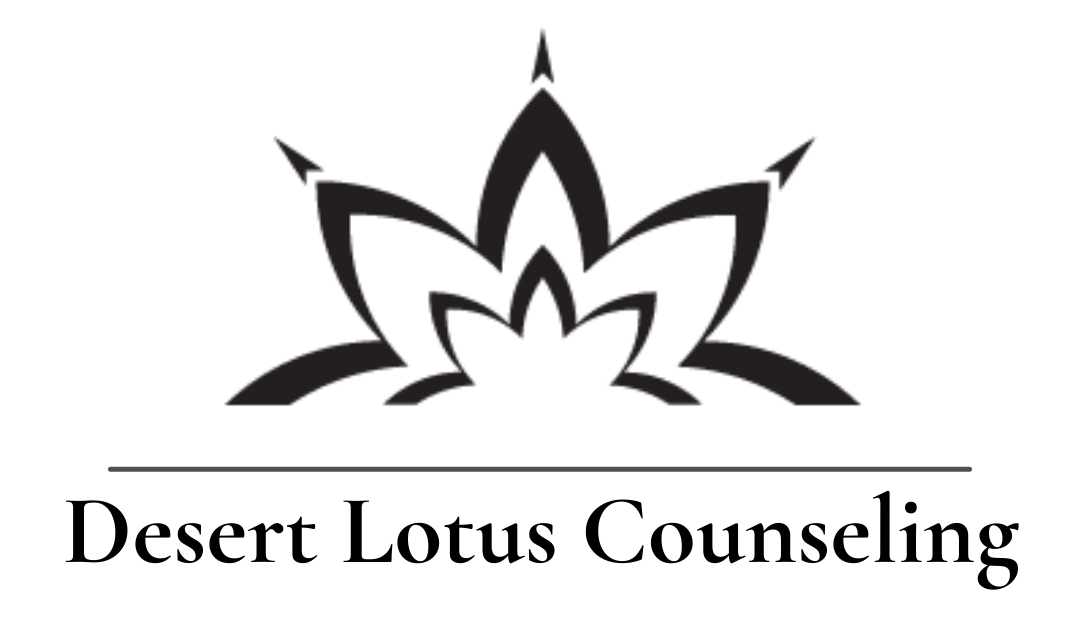How to Tell When You’re Feeling Burned Out

Many people think of burnout as simply being incredibly tired after a long week or month of work or school studies. The National Institutes of Health defines burnout as “a psychological syndrome emerging as a prolonged response to chronic interpersonal stressors on the job.” Burnout is not a medical diagnosis, and many experts believe burnout may be tied to other conditions such as depression and anxiety. It’s well known that burnout rates increased during the pandemic and a 2022 Gallup poll showed that one third of American workers feel burned out “always” or “very often” at work.
Do you know the difference between everyday work-related stress and burnout? The following are some signs of burnout that could indicate it’s time to seek help or make changes to support your mental health:
Feeling exhausted
Mental and physical exhaustion may be signs that you’re experiencing burnout. Some people experience an overall decrease in their energy levels. Sleep disturbances may also occur.
Changes in work performance
Another indication you may be experiencing burnout is a decrease in your ability to complete work related tasks. You may notice difficulty concentrating or a decrease in productivity, or a lack of interest in work in general.
Changes in mood and attitude toward work
People experiencing burnout often describe a feeling of dread around going to work or school, decreased satisfaction with achievements, and a feeling of disconnection from their work. Early symptoms of burnout may look like frustration and annoyance, and can grow into anger and cynicism. Increased anxiety is also common.
Sudden Physical Ailments
A major sign of burnout is suddenly experiencing physical symptoms that you never had before, such as GI symptoms, headaches, and physical exhaustion.
Is it Time to Speak with Someone?
Burnout shouldn’t be taken lightly. You may feel like you need to “tough it out” until things get better, but once you’re experiencing burnout you’ll need to make intentional changes to support healing. You don’t have to face burnout alone. Now is the time to make your mental health a priority. If you’re ready for support in making healthy changes around your relationship with work or academics, reach out to us today!
Sources:
https://www.vox.com/recode/2022/10/20/23413380/burnout-remote-work-economy-quits-slack-future-forum
https://www.mayoclinic.org/healthy-lifestyle/adult-health/in-depth/burnout/art-20046642
https://www.ncbi.nlm.nih.gov/pmc/articles/PMC4911781/
